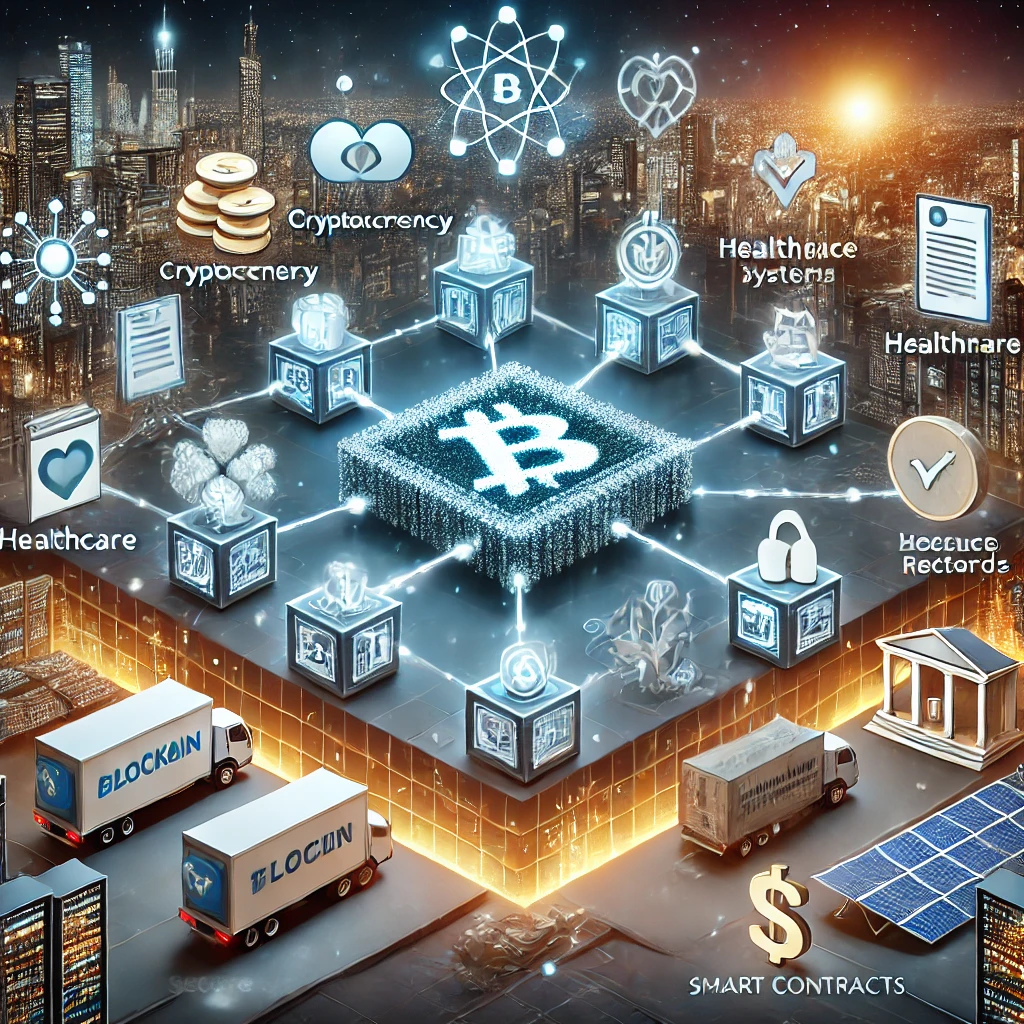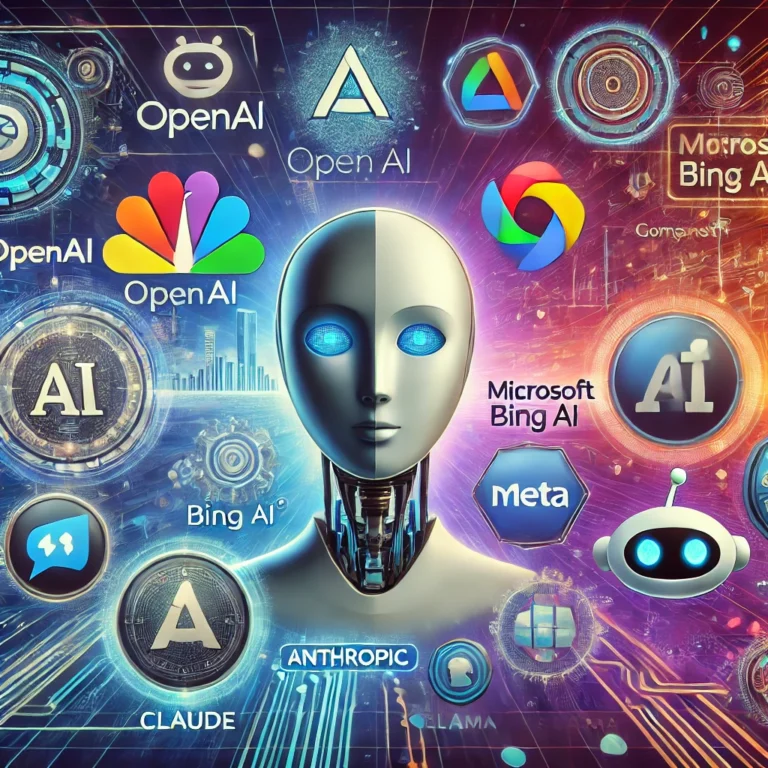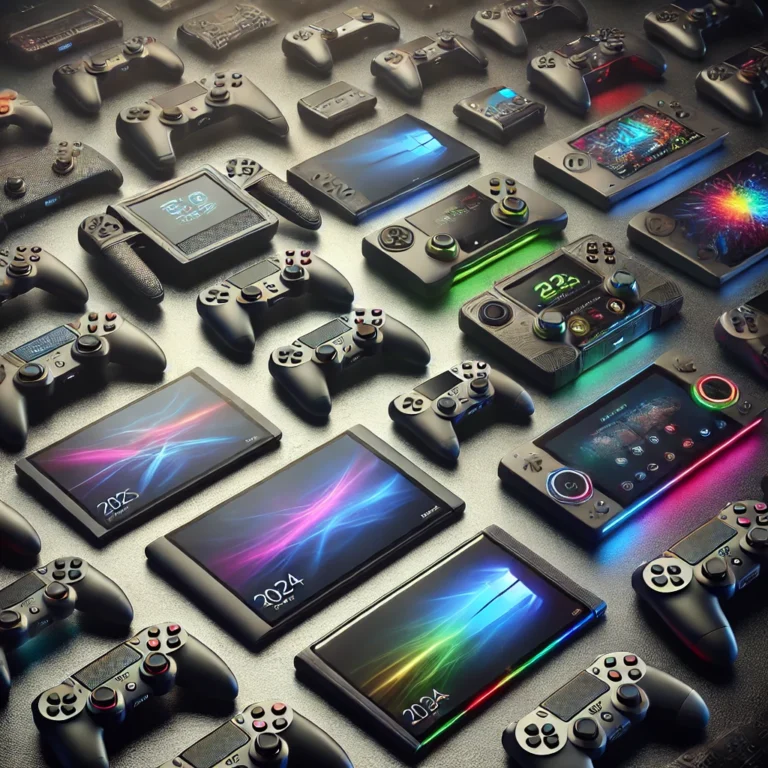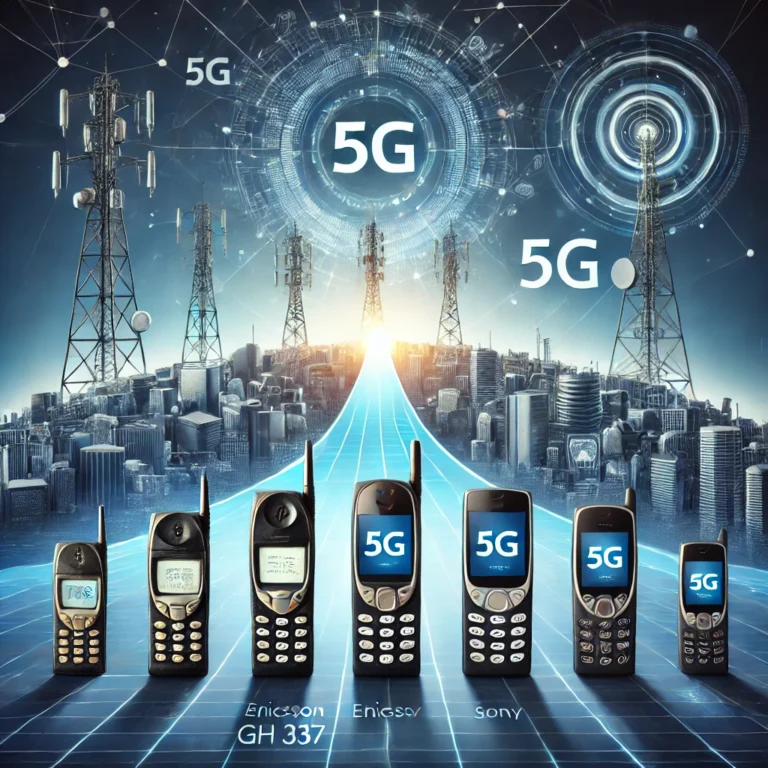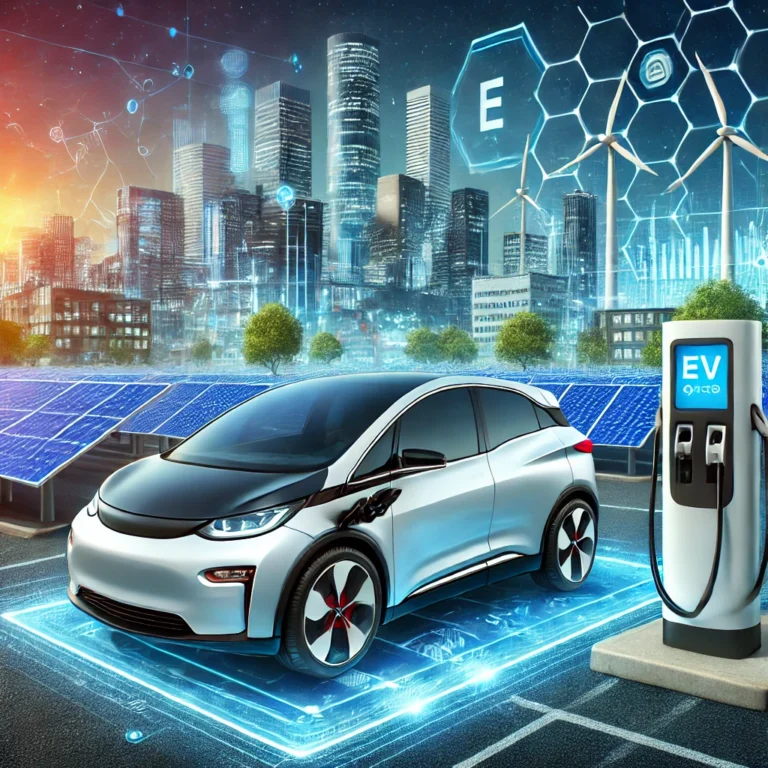Block Chain Technology and its Applications
Blockchain is a decentralized, distributed digital ledger technology that allows multiple participants to maintain and verify records of transactions without the need for a central authority. It creates a chain of blocks, where each block contains a set of transaction data, a timestamp, and a reference (cryptographic hash) to the previous block, forming an immutable chain. The key feature of blockchain is that once a block is added to the chain, it is extremely difficult to change or tamper with the data in that block, ensuring high levels of security, transparency, and integrity.
How Blockchain Works:
- Transactions: New transactions (e.g., a cryptocurrency transfer or a contract) are created and broadcast to the network.
- Verification: Network participants, called nodes, verify these transactions using consensus mechanisms like Proof of Work (PoW) or Proof of Stake (PoS).
- Block Creation: Verified transactions are bundled together into blocks by certain nodes (miners or validators).
- Linking: Each new block is cryptographically linked to the previous one, forming a secure chain.
- Decentralized Ledger: This process is decentralized, with each node having a copy of the entire blockchain, making the system transparent and resilient to tampering.
Current Applications of Blockchain Technology:
- Cryptocurrencies:
- The original and most well-known use of blockchain is in cryptocurrencies like Bitcoin and Ethereum. Blockchain allows for peer-to-peer transactions without the need for a trusted third party, such as a bank. It ensures secure, verifiable, and transparent transactions.
- Smart Contracts:
- Platforms like Ethereum support smart contracts, which are self-executing contracts where the terms are written directly into the code. Once specific conditions are met, the contract is automatically enforced. This eliminates the need for intermediaries like lawyers or banks in contractual agreements.
- Supply Chain Management:
- Blockchain is increasingly used in supply chains to track the origin and movement of goods. This ensures that products are authentic, their journey from production to retail can be verified, and issues like fraud, theft, and inefficiency are reduced. Companies like IBM and Walmart use blockchain to enhance transparency and traceability in their supply chains.
- Healthcare:
- Blockchain is used to manage and secure medical records. Patients can control who has access to their data, and the system provides a transparent, immutable record of their medical history. Blockchain can also be used in drug traceability to combat counterfeit medicines.
- Voting Systems:
- Blockchain is being explored as a tool to enhance electoral transparency and prevent tampering with votes. A blockchain-based voting system allows voters to cast their ballots securely, while ensuring the vote count is accurate and tamper-proof.
- Digital Identity:
- Blockchain provides a secure and decentralized way to manage digital identities. It enables individuals to control their own identity and personal information, reducing identity theft and fraud. Companies like Civic and uPort use blockchain to develop identity verification systems.
- Decentralized Finance (DeFi):
- DeFi refers to a financial ecosystem that uses blockchain and cryptocurrencies to offer financial services such as lending, borrowing, trading, and earning interest without the need for traditional intermediaries like banks. Ethereum is a key platform enabling DeFi applications.
- Tokenization:
- Blockchain allows for the creation of digital tokens that represent ownership of assets such as real estate, artwork, or even commodities. These tokens can be traded on blockchain platforms. This has led to the rise of NFTs (Non-Fungible Tokens), which are unique digital assets representing ownership of digital art, music, and more.
- Insurance:
- Blockchain is used to streamline and automate processes in the insurance industry. Smart contracts can automatically trigger claims payouts when certain conditions are met, improving efficiency and reducing fraud. Blockchain also enhances transparency in underwriting and claim verification.
- Energy Trading:
- Blockchain is used in energy markets to enable peer-to-peer energy trading. Homeowners with solar panels can sell excess energy directly to others without going through utility companies. Blockchain helps track the energy produced, traded, and consumed in a secure, decentralized manner.
Other Emerging Applications:
- Real Estate: Blockchain is being used for real estate transactions and title management. It helps streamline the property transfer process and ensures secure, tamper-proof ownership records.
- Government Services: Governments are exploring blockchain for public services, including land registries, tax collection, and even passport issuance, to reduce fraud and increase efficiency.
- Gaming and Virtual Worlds: Blockchain enables true ownership of in-game assets, which can be bought, sold, and transferred across games or virtual worlds.
Summary:
Blockchain technology has moved beyond cryptocurrencies and is being applied in a variety of industries, including finance, healthcare, supply chains, and more. Its ability to provide secure, transparent, and decentralized systems is driving innovation across many sectors.
